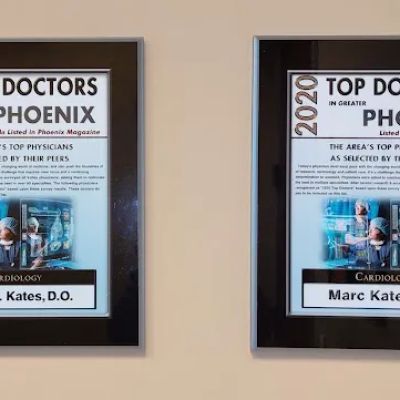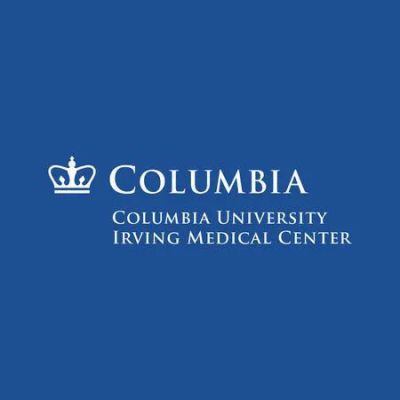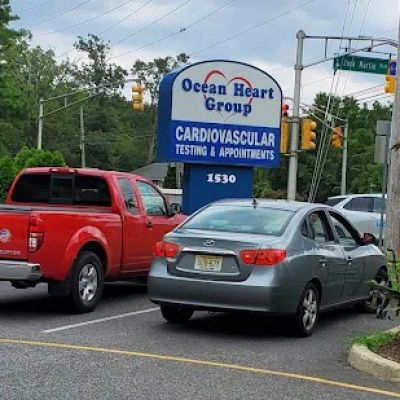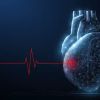How Cardiologists Use Technology to Diagnose Heart Problems
- Introduction to Technology in Cardiology
- Top Diagnostic Tools Used by Cardiologists
- Real-Life Cases: How Technology Transforms Diagnosis
- The Future of Technology in Cardiological Diagnostics
- Invest in Cutting-Edge Diagnostic Technology Today
1. Introduction to Technology in Cardiology
Cardiology has evolved significantly over the last few decades, thanks to the rapid advancements in technology. Today, cardiologists use cutting-edge tools and software to diagnose heart conditions more accurately and efficiently than ever before. These technologies help them detect issues that might have been missed in traditional assessments, leading to earlier interventions and better outcomes for patients.
2. Top Diagnostic Tools Used by Cardiologists
2.1. Electrocardiogram (ECG)
One of the most fundamental tools in cardiology is the Electrocardiogram (ECG). This device records the electrical activity of the heart and is critical in diagnosing arrhythmias, heart attacks, and other heart diseases. With advances in portable ECG technology, cardiologists can now monitor patients remotely, ensuring continuous care even from a distance.

2.2. Echocardiogram
The echocardiogram is another essential diagnostic tool that uses sound waves to create images of the heart. This non-invasive procedure helps doctors assess the heart’s structure, function, and blood flow. Cardiologists can use echocardiograms to detect conditions like valve disease, heart failure, and congenital heart defects.
Atlanta Heart Specialists
atlanta heart specialists
4375 Johns Creek Pkwy #350, Suwanee, GA 30024, USA

2.3. Cardiac MRI
For more detailed heart imaging, cardiologists turn to cardiac MRI (Magnetic Resonance Imaging). This tool allows doctors to get high-resolution images of the heart muscle and blood vessels. It’s particularly useful for diagnosing cardiomyopathies, heart tumors, and congenital heart defects that may not be visible on other scans.
2.4. AI-Based Diagnostic Tools
Artificial Intelligence (AI) is transforming the field of cardiology by improving the accuracy and speed of diagnoses. AI algorithms can analyze vast amounts of data from various tests (like ECGs or MRIs) to detect patterns and anomalies that might be overlooked by the human eye. This technology is particularly promising for early heart disease detection, enabling cardiologists to intervene before a condition worsens.
3. Real-Life Cases: How Technology Transforms Diagnosis
Consider the case of Sarah, a 48-year-old woman who visited her cardiologist for a routine checkup. During her ECG, an AI-based diagnostic tool flagged an abnormality that pointed to a potential arrhythmia. The cardiologist recommended an echocardiogram and MRI, which confirmed the diagnosis of atrial fibrillation and an enlarged heart chamber. Thanks to the timely use of technology, Sarah was able to receive treatment that prevented further complications.
This case highlights how technology can improve diagnostic accuracy and speed, giving doctors the tools they need to provide better care. From AI-based analysis to advanced imaging tools, technology is making a real difference in diagnosing heart conditions.
4. The Future of Technology in Cardiological Diagnostics
The future of cardiology looks even more promising with the continuous development of new technologies. Wearable devices that monitor heart health in real-time, gene therapy for heart conditions, and more advanced AI models are just some of the innovations that will shape the future of heart disease diagnosis. These tools will enable cardiologists to predict heart problems before they happen, offering patients a chance for better outcomes and even preventive care.
5. Invest in Cutting-Edge Diagnostic Technology Today
As the field of cardiology continues to innovate, now is the perfect time for medical professionals to invest in the latest diagnostic tools. Whether you're looking for portable ECG devices, advanced imaging systems, or AI-driven software, having access to state-of-the-art technology can enhance your ability to diagnose and treat heart conditions effectively. Start exploring the options today and take your cardiology practice to the next level.





















Deborah Heart and Lung Center
deborah heart and lung center
200 Trenton Rd, Browns Mills, NJ 08015, USA